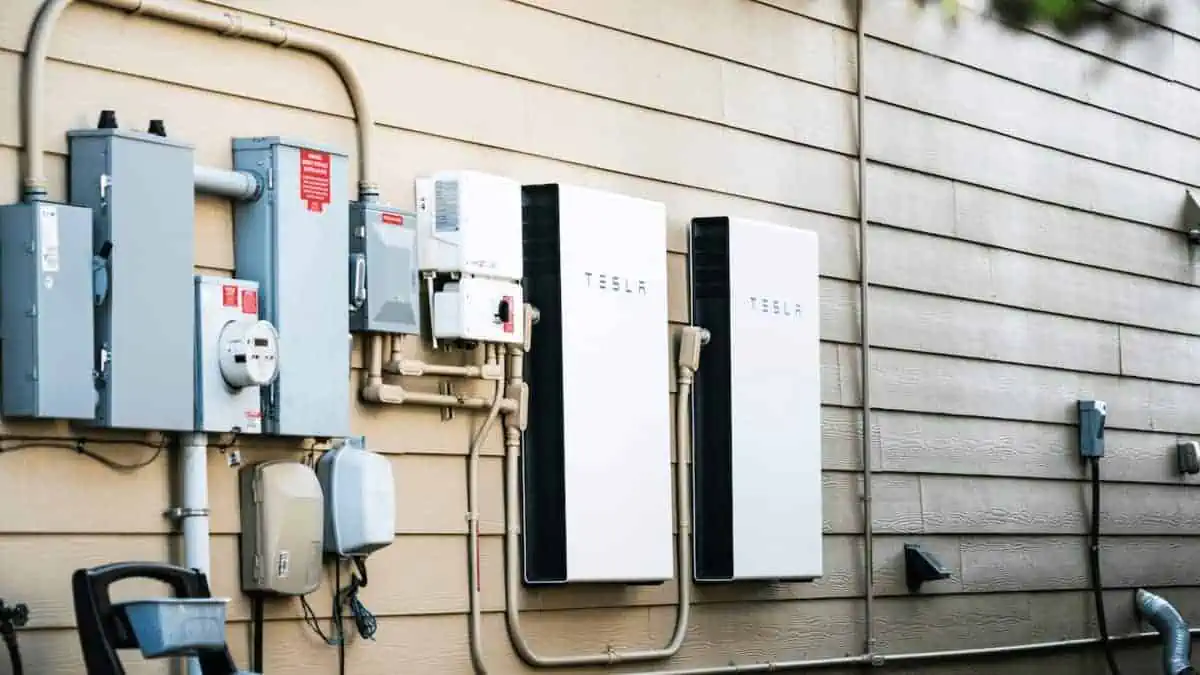The Australian Consumer and Competition Commission (ACCC) recently released a warning for electric automakers that continue to promote their “zero emissions vehicles” to also include their general lifetime emissions from production to retirement before making such claims.
If they fail to adhere to the warning, these electric vehicle companies will violate Australian consumer law, which demands financial penalties.
Notably, these measures are part of the ACCC’s effort to combat the issue of “greenwashing.” For context, it is an attempt to promote by delivering misleading information regarding the product’s environmental impacts.
Report highlights
The ACCC’s Environmental and Sustainability Claims published in July demands Australian businesses consider the impacts of the following aspects before promoting their products like electric vehicles as “zero-emissions”:
- raw material sourcing
- production
- transport operation
- end-of-life solutions
The Australian consumer watchdog indicated that it does not strictly request businesses to deliver their products’ lifetime emissions in their promotion strategies. However, it emphasized that they must only offer customers factual information about the products and avoid misleading them.
If these companies refuse to adhere to this particular Australian Consumer Law, they will be asked to pay penalties in various cases.
The ACCC report outlined an EV-specific illustration of how automakers can violate the Australian Consumer Law with product promotions.
“A business has begun designing and manufacturing electric vehicles and claims that it ‘creates zero-emission electric vehicles. This claim only considers the emissions produced while the vehicle is being driven. It does not account for the emissions generated, for example, during the manufacturing process or when charging the vehicle.
While it is true that the vehicle produces zero emissions while being driven, this claim risks creating the impression that the vehicle produces zero emissions for its entire life cycle and misleading consumers in contravention of the ACL. The business could instead qualify the claim that its vehicles produce “zero exhaust emissions while driving.”
Australian Consumer and Competition Commission
Notably, Japanese automaker Mitsubishi’s April 2023 data suggested that EVs are more environmentally-harmful over their lifespan than their petrol-powered counterparts in Australia. The automaker apparently based the report on the country’s current power supply, of which over 70% are from coal-fired power plants. However, the report failed to indicate the case with increased application of renewable energy.
In addition, another Japanese legacy brand Toyota has also been reluctant to fully shift to EVs, with firm confidence in its plug-in hybrid petrol vehicles.
However, this skepticism towards EV technology pushed them behind its rivals in the rapidly growing industry. Now, they are striving to catch up with leaders like Tesla and BYD.
See Also:
- France will fine car companies up to €100,000 for “Greenwashing” ads starting January 1, 2023
- Australia: H1 2023 EV sales already exceeded FY 2022 records
- Australia: Best home electric vehicle chargers in 2023
- Tesla Chair encourages Australia to spark more tech startups to boost economic growth
- Governments of Australia and Indonesia entered into a “win-win” battery partnership, analyst says
It is only right for the ACCC to crack down on the prevailing “greenwashing,” particularly in the electric vehicle industry, to avoid delivering false information to customers. That said, automakers must adhere to the warning to avoid penalties, which may also tarnish their brand reputation.
You can submit feedback on the ACCC’s draft guidance until September 15 here.






